As Americans still grapple with the sheer amount of death they’ve witnessed over the past two years as a direct result of the COVID-19 pandemic, the nation is simultaneously battling a drug overdose epidemic; according to the American Medical Association’s (AMA) Advocacy Resource Center report issued last month. For context, in 2017, about 38% of adults battled an illicit drug use disorder, and of those suffering from a substance use disorder the National Survey on Drug Use and Health (NSDUH) discovered that almost 74% struggled with an alcohol use disorder as well. In 2020, these numbers nearly doubled with the pandemic cited as the catalyst.
Addiction affects everyone, from school teachers, first responders to full-time caregivers, but especially professional athletes. Grimly former WWE wrestler Jeff Hardy knows this all too well. After reportedly being sent home from a WWE live event on Sunday, December 5, Hardy has now been formally released from his contract with the organization.
The former WWE World Heavyweight Championship’s battle with addiction while in the public spotlight began back in 2003 following his breakout performance in a championship ladder match against The Undertaker. While on The Broken Skull Sessions podcast hosted by WWE Hall of Famer ‘Stone Cold’ Steve Austin, Hardy admitted, “I was in denial of my problem.” This is common for those battling substance abuse as the NSDUH has documented that environmental factors such as line of work can increase a person’s risk of addiction. Let’s face it as glamorous as it may appear on our televisions from the constant traveling, long periods of time away from family and friends, mental anxiety brought about by fan pressure, as well as the intense strain these performers put on their bodies the life of a professional athlete is the breeding ground for substance abuse.
Hardy isn’t the first WWE superstar to have a public battle with addiction. Others like Edge, Rob Van Dam, Kurt Angle, Roman Reigns, Randy Orton, Paige, and even referee Mike Chioda have all battled substance or alcohol abuse during their time with the organization. What makes Hardy different? Well, Hardy’s persona in the ring and tribulations outside the ring began to blend together after his battle made its way into his character’s storyline. As if fighting your demons privately wasn’t difficult enough, imagine doing this with millions of rabid fans watching and scrutinizing you every week. Unfortunately, Ryback can relate. Even after failing a drug test, the WWE writing staff still allowed the superstar to be the target of “roid rage” jokes. Hardy isn’t the first superstar to refuse to attend a rehabilitation facility after failing a drug test. Former superstar Carlito declined the WWE’s mandate which resulted in his release in 2010.
Drug abuse and addiction cost the public more than $740 billion annually in lost workplace productivity, healthcare expenses, and crime-related costs. So while I understand the WWE’s decision to enact such stern rules against alcohol and drug use, their policy needs to be malleable because treatment, especially in the case of addiction, shouldn’t be one-size-fits-all. Despite talents like Dolph Ziggler and Darren Young making major improvements since their suspensions due to failing a drug test, many others continue to suffer silently under the WWE Talent Wellness Policy.
Originally implemented in February of 2006, the WWE Talent Wellness Policy is as outlined on their website an independent team of medical professionals (which includes a medical director, associate medical director, interim program administrator, ImPACT specialist, cardiologist, endocrinologist, orthopedic, sports psychiatrist, and several ringside physicians), testing schedules, and monitoring patterns to ensure the wellbeing of their active roster.
Upon first glance, it sounds great until you read the clause “performers are contractually responsible for securing their own insurance to cover everyday health maintenance and ailments”. Yes, the WWE covers any “in-ring related injuries and associated rehabilitation”, but this coverage does not extend to any mental injuries inflicted in the workplace which can lead to substance abuse. To recap, if you are injured during an in-ring match, the WWE will financially ensure you are physically nursed backed to health but should you fall into depression due to a storyline or online bullying by fans and turn to substance abuse to cope you are essentially on your own.
This leads us to the WWE’s Substance Abuse and Drug Testing Policy. The general policy states, “talent may not unless given pursuant to a valid prescription from a licensed and treating physician take prescriptions obtained over the internet, take prescriptions for drugs more than 60 days old, or prescribed more than 60 days prior to the time a WWE Talent is tested, take prescriptions for the use of the muscle relaxers known under the generic names, or use synthetic drugs.” The policy continues to list both the types of drugs as well as the respective categories of drugs (both legal and illegal) the talent can not indulge in.
Violations of the drug testing policy are as follows:
- First Violation: In the event of an initial positive test for substances prohibited by this Policy other than marijuana and alcohol, the WWE Talent shall be suspended for thirty (30) days, fined an amount equal to thirty (30) days, pay deducted from the WWE Talent’s downside guarantee on a weekly basis and WWE will publicly disclose the WWE Talent’s name and duration of the suspension and indicating a first violation the Policy.
- Second Violation: In the event of a second positive test for substances prohibited by this Policy other than marijuana and alcohol, the WWE Talent shall be suspended for sixty (60) days, fined an amount equal to sixty (60) days, pay deducted from the WWE Talent’s downside guarantee on a weekly basis and WWE will publicly disclose the WWE Talent’s name and duration of the suspension and indicating a second violation the Policy.
- Third Violation: In the event of a third positive test for substances prohibited by this Policy other than marijuana and alcohol, the WWE Talent’s contract with WWE will be terminated and WWE will publicly disclose the WWE Talent’s name and that WWE Talent’s contract was terminated for a third violation of the Policy.
In comparison to just how detailed the drug testing and violation policy is, the wellness policy seems a bit bare. But to be fair, the WWE does offer talent admission into their “Redemption Program” after “two” violations with the approval of their medical director.
I would hope that learning from the release of Jeff Hardy from their roster the WWE would use this as an opportunity to shift the culture of tackling addiction within professional sports. With just a few minor adjustments to their wellness program, a major shift is possible. If the WWE were to include peer support groups, additional on-site mental health advocates, assuming the financial obligations for outside mental health services of their talent battling addiction, adding holistic treatment options, not just traditional rehabilitation, and removing any substance-related materials from the talent’s storylines I believe the WWE could become a trailblazer in the fight against substance abuse but sadly I don’t think they will take any of these actions.
If you or anyone you know is battling with addiction, please call the SAMHSA National HelplineConfidential at 1-800-662-4357 or visit www.samhsa.gov for free help from the public health agencies to find substance use treatment and information.
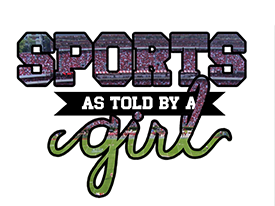
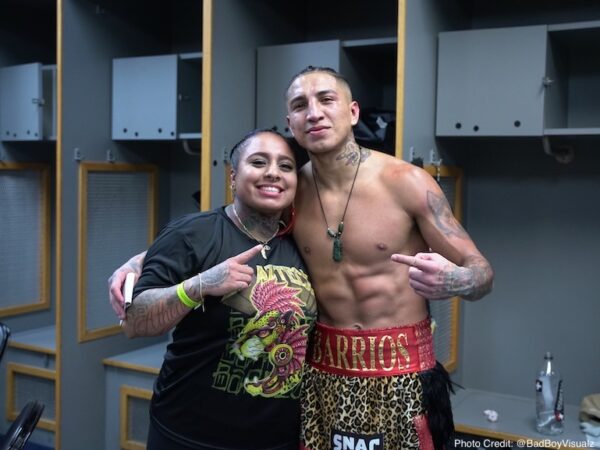
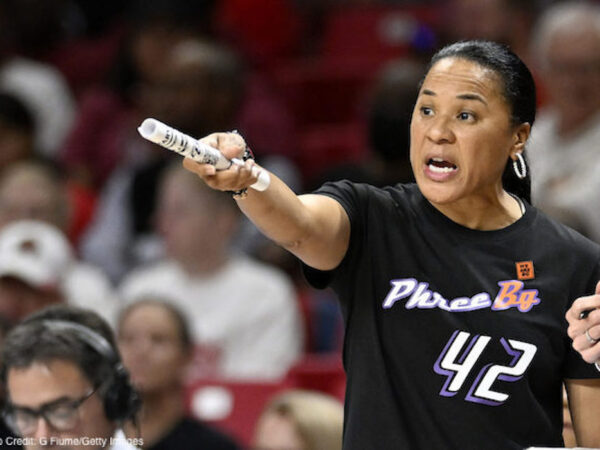

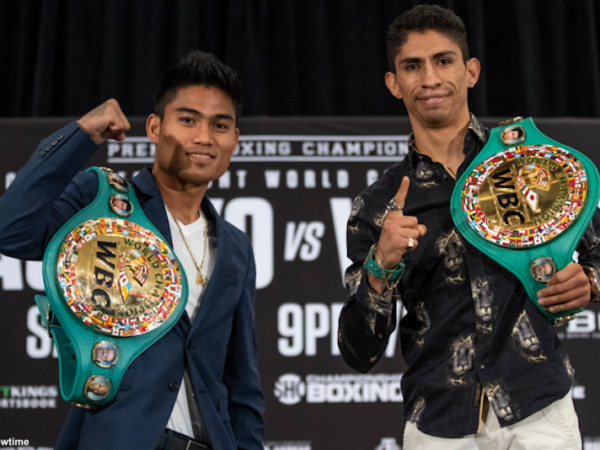



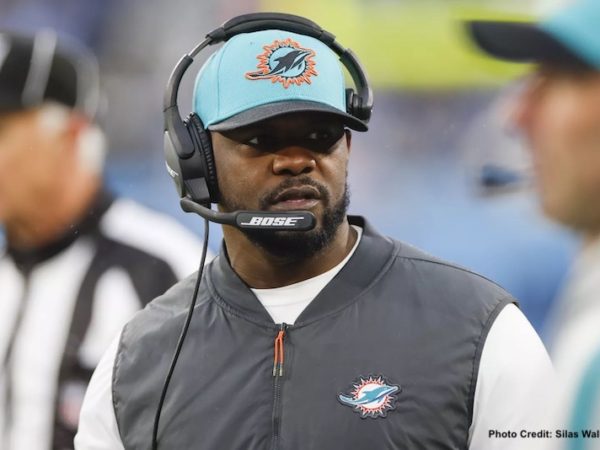
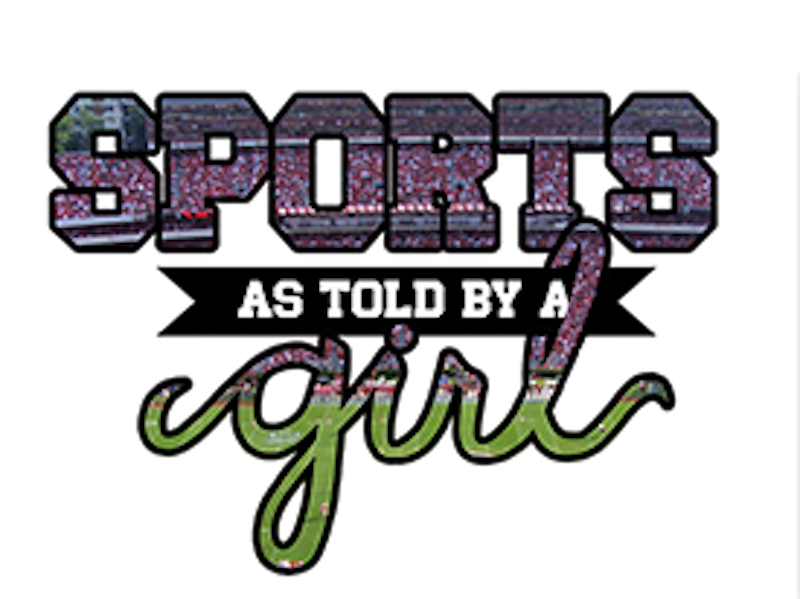
Hey just wanted to give you a quick heads up. The text in your article
seem to be running off the screen in Chrome. I’m not sure if this
is a format issue or something to do with browser compatibility but I thought I’d post to let you know.
The design and style look great though! Hope you get the problem solved soon. Thanks